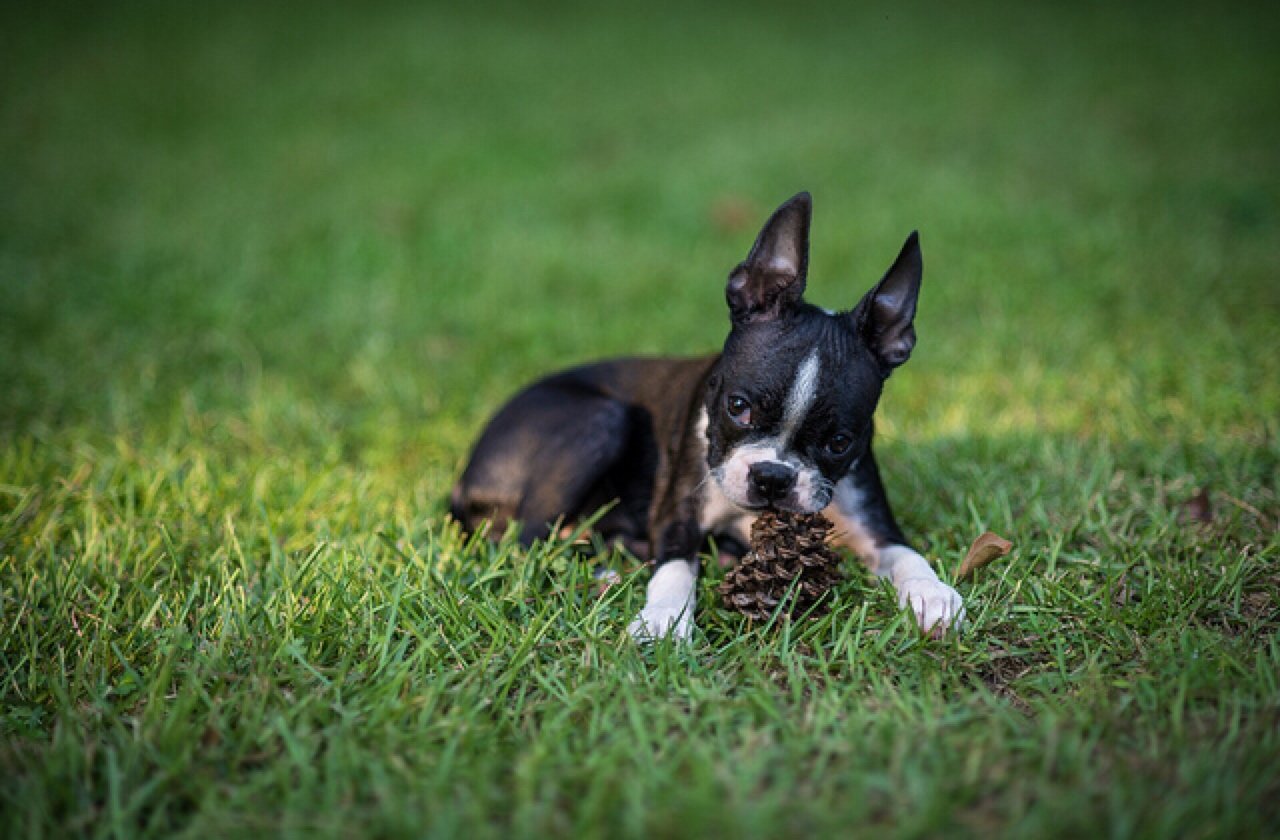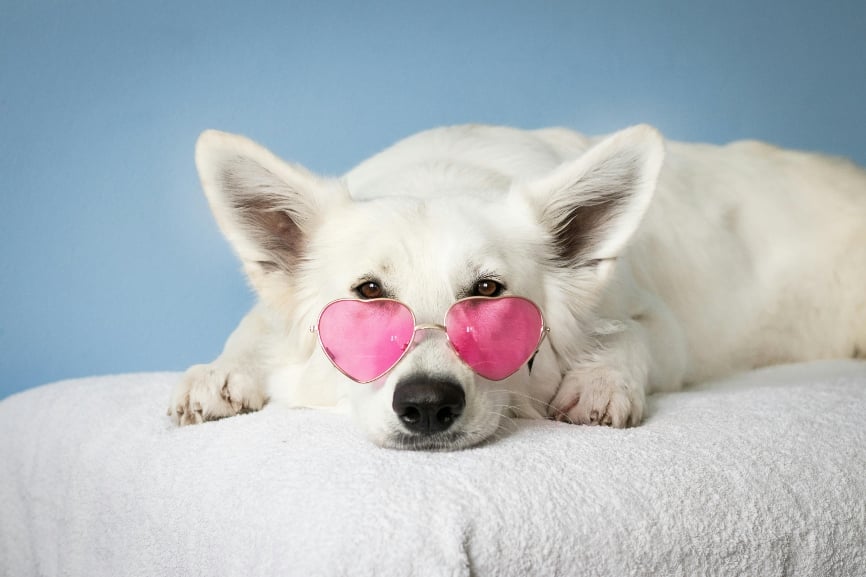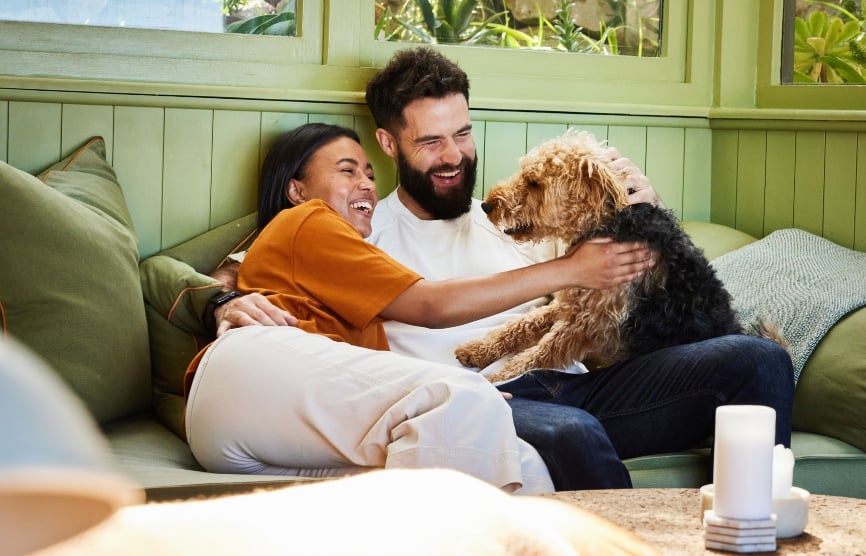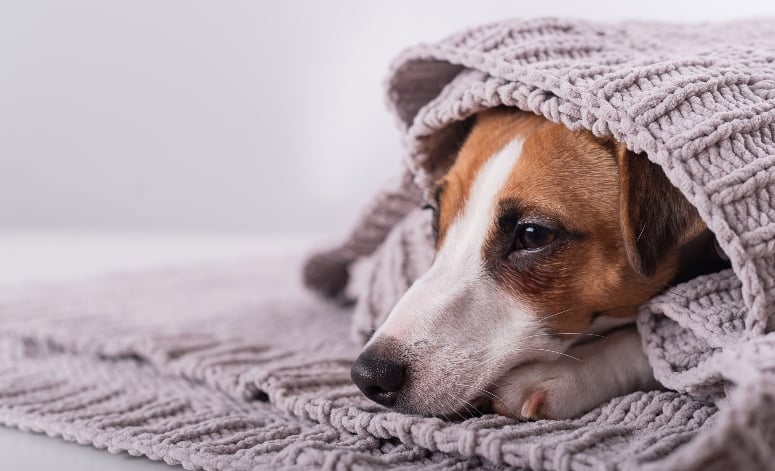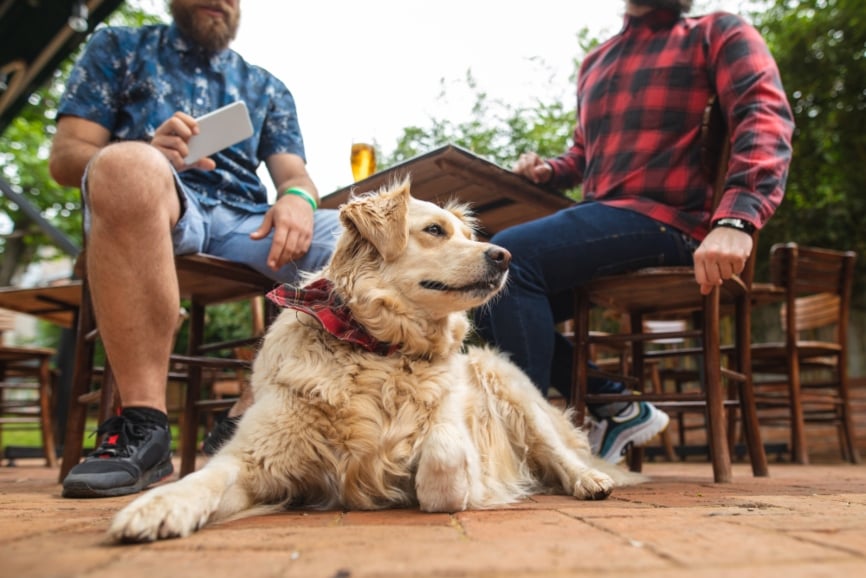Key Takeaways
- Eating poop, known as coprophagia, is a common behavior among puppies.
- Dogs can contract parasites by consuming feces.
- Gastrointestinal disease or nutrient deficiency can lead to coprophagia.
- Low levels of vitamins K and B are linked to dogs eating poop.
- Dog training classes, scooping poop immediately, and mental stimulation can help dogs stop eating poop.
Table of Contents
Dogs eating feces, known as coprophagia, is a common behavior, especially among puppies. It’s happened to all of us – your pup returns inside with a faint odor on his breath, licking his chops. Despite recent research showing pets’ germs can actually benefit humans, better safe than sorry. Coprophagia is often related to other health issues; pets can contract parasites through consuming feces, or it may be caused by a nutritional deficiency.
We shouldn’t complain too much about our dogs eating poop – human waste and garbage likely attracted wolves roughly 12,000 to 15,000 years ago, keeping us clean in exchange for food. Eventually the wolves decided to stick around, becoming the first domesticated dogs.
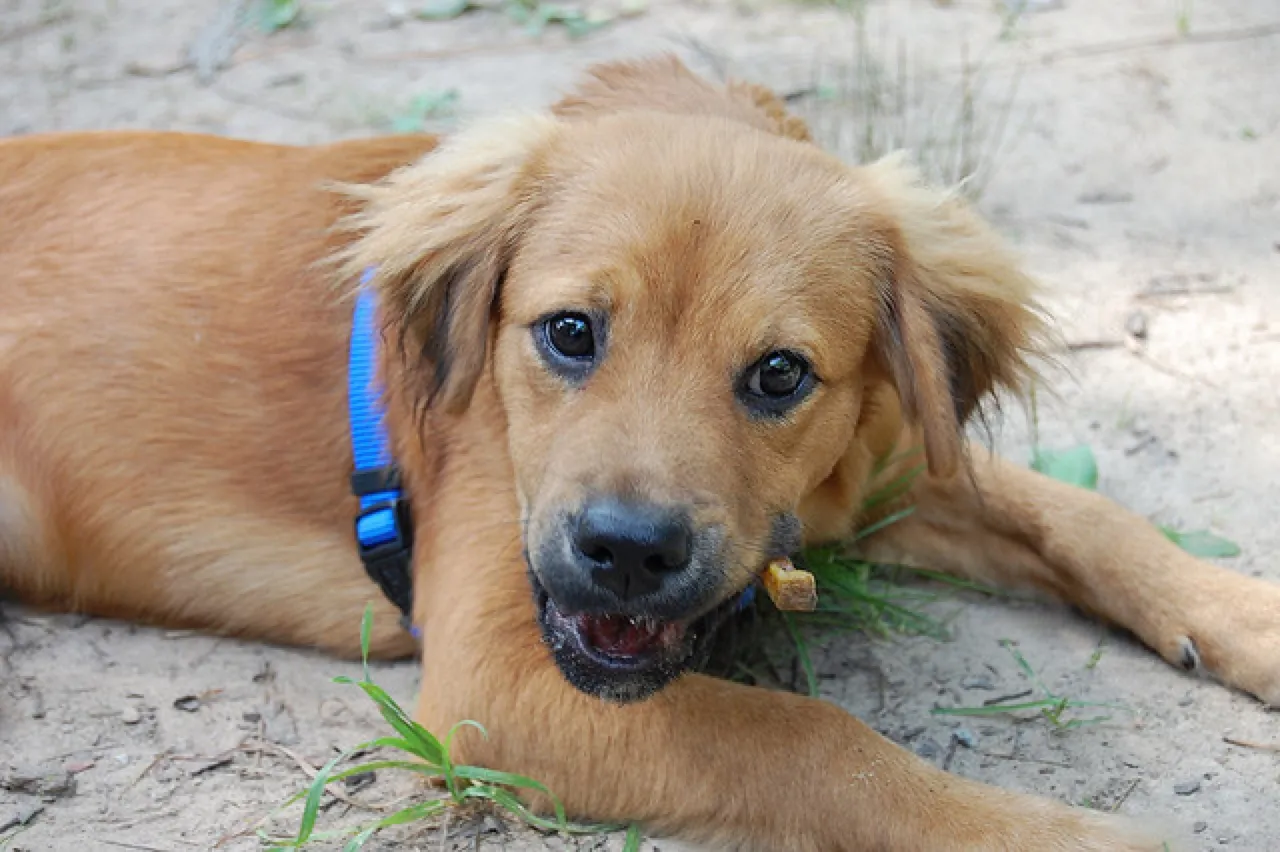
Causes of Dogs Eating Poop
Animal behaviorists and veterinarians aren’t exactly sure what causes dogs to eat poop, but there are numerous theories. It is normal behavior for an animal to consume feces, both their own and others’. Mother dogs need to assist very young puppies who haven’t developed the defecation reflex and also practice coprophagia for cleanliness and to keep pups safe from predators. Young puppies still retain this habit; like human babies, they also have a tendency to put everything in their mouth.
Coprophagia can be a symptom of gastrointestinal disease or nutritional deficiency, including malnutrition and starvation. Dogs may seek out feces to supplement their diet, looking for nutrients in undigested food remnants.
In some cases, a dog eating poop may have been improperly socialized or disciplined. Bored pets have been reported to play with feces and are also more likely to taste-test unknown objects. Some pet parents may also force the dog’s face near waste as punishment for an “accident” in the house, which can confuse the animal. Animal behaviorists describe coprophagia as a compulsion, which can develop as a result of anxiety, abuse, or inappropriate reinforcement.
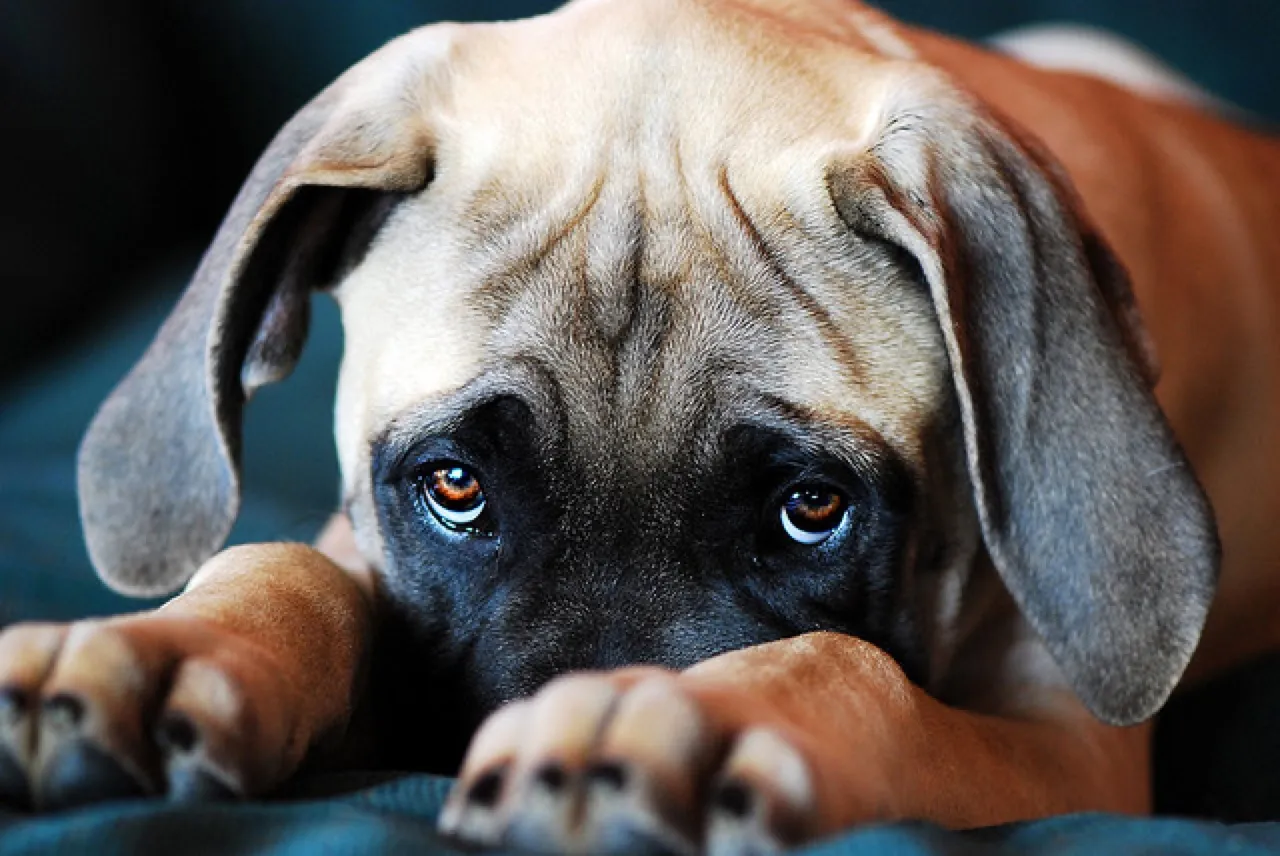
Signs and Dangers
Pet parents can usually tell when their dog has done something wrong. We’ve heard the word “guiltocence” used to describe the puppy dog eyes a mischievous pet gives after committing a crime, and that just about sums it up. Chronic bad breath in dogs, or halitosis, is another giveaway a pet is eating poop. If the smell isn’t limited to your pet’s mouth, check paws, tails and even ears for evidence.
Coprophagia is sometimes indicative of a nutritional deficiency. Low levels of vitamin B-complex and vitamin K have been associated with dogs eating their own poop, but this has not been proven. Anorexia, lethargy, and failure to gain weight are signs of a vitamin B12 deficiency. Vitamin K affects blood coagulation; a deficiency can cause excessive bleeding, anemia, and internal bleeding. Hemophilia and other genetic disorders can also lead to a vitamin K deficiency and have similar symptoms.
The main danger posed by dogs eating poop is intestinal parasites. Giardia is a common in dogs, causing diarrhea that can become harmful if left untreated. The most common parasite in dogs is the roundworm, which is spread through the ingestion of feces containing roundworm larvae. Roundworms take their name from the potbellied appearance of severely infected dogs; other signs include diarrhea, vomiting, weight loss, a dull coat, and a persistent cough. Many infected pets have no outward signs, only developing symptoms as the parasite continues to reproduce internally. Parasites rarely pose a serious danger to healthy adult dogs, but can be fatal if left untreated in puppies. Both coccidia and hookworms are especially deadly to young dogs, who become extremely dehydrated and suffer internal bleeding from bloody diarrhea. Whipworms and tapeworms are additional parasites found in feces; both infections are typically asymptomatic.
Medical Treatment
The first step to stop a dog from eating poop is have him examined by a vet. It’s important to distinguish if the coprophagia is a behavioral or medical issue, as that determines the course of treatment. Talk to your vet about your dog’s diet, which can help determine if a nutritional deficiency is to blame. Vitamin injections or dietary supplements may be prescribed for your pet, or you may be encouraged to monitor their diet.
A parasitic infection must also be ruled out; this requires a fecal sample from your dog, which the vet will test and examine. Treatment for parasites in dogs involves medication, usually antibiotics or anti-parasites prescribed by your vet.
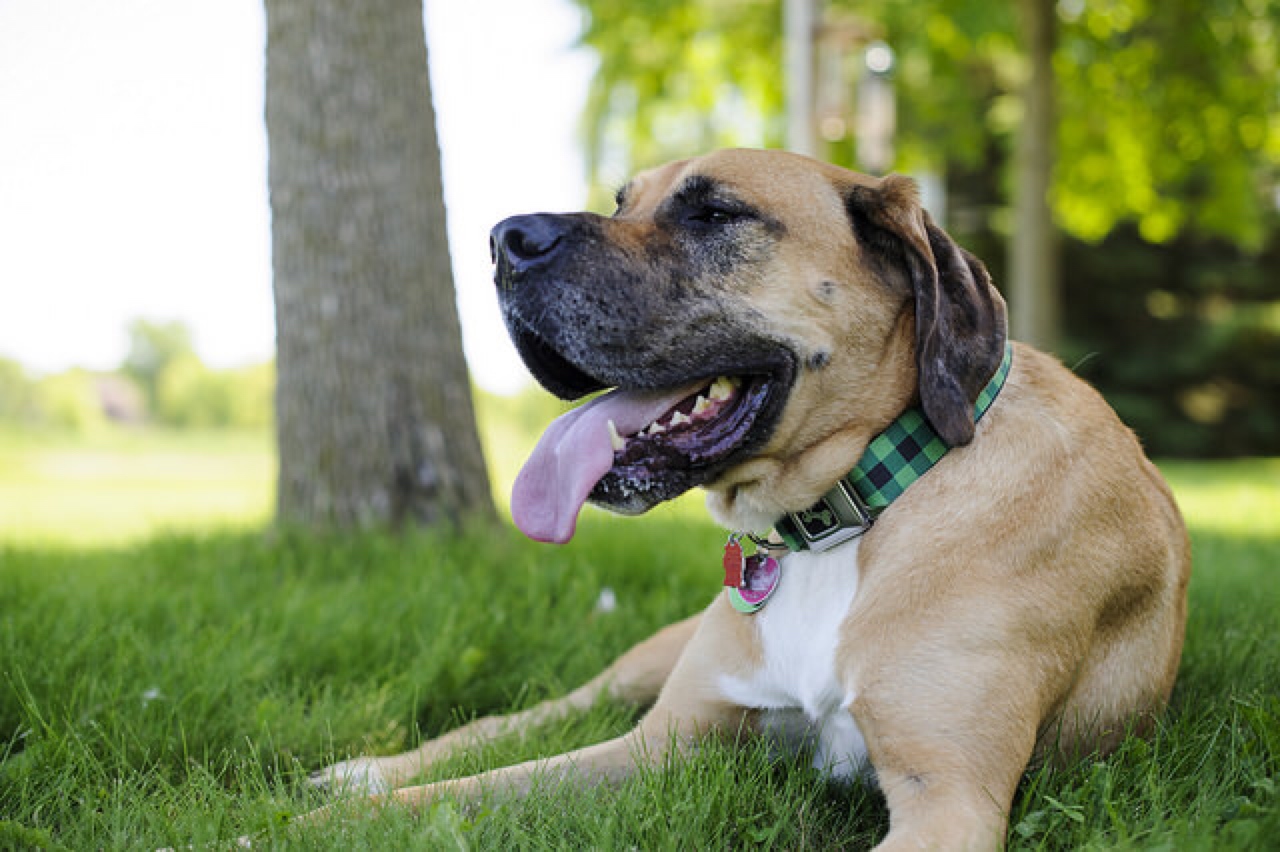
Behavioral and Home Modifications
If the issue is purely behavioral, your vet may recommend a variety of dog training classes and at-home modifications. An easy fix for dogs eating poop is to remove the temptation. Scoop your backyard regularly and take your pet on walks; try a CleverCat litter box or one with a small opening to block access for larger animals.
Behavioral modifications also apply to pet parents, who may actually be worsening the coprophagia. Never punish or scold your pet – physically or verbally – for having an accident inside. If you catch your pup red-pawed, clap loudly to startle and stop the behavior. Lead your dog to the appropriate potty place and wait for him to finish.
Provide your pet with enough mental stimulation to distract troublemakers, including chew toys and puzzles. If you must leave your pet unsupervised outdoors, consider installing a flirt pole, dog pool or dog run.
Featured image via Flickr.com/jeremywilburn.
